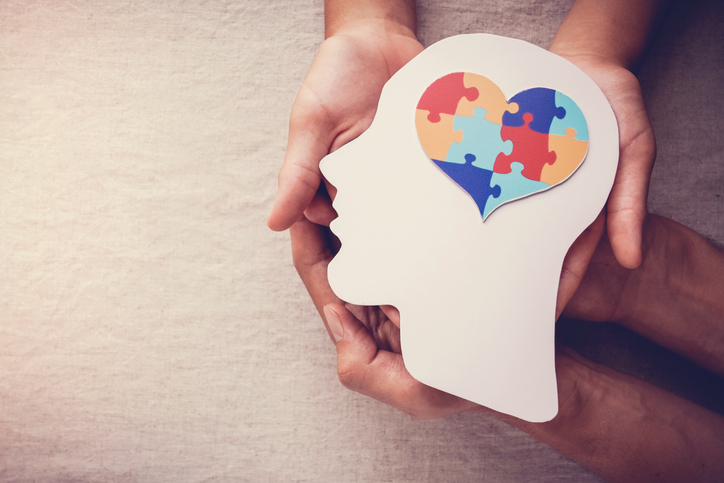Mental health has historically been an overlooked aspect of personal injury claims. However, growing awareness and societal acceptance of psychological and emotional injuries have led to significant legal advancements in this area. Courts and legislatures are increasingly recognizing that mental health impacts can be as debilitating as physical injuries, warranting proper compensation for victims.
The Growing Importance of Mental Health in Personal Injury Cases
In recent years, mental health claims have taken center stage in personal injury lawsuits. These claims often involve psychological conditions such as:
- Post-Traumatic Stress Disorder (PTSD): Common in victims of severe accidents, assault, or other traumatic events.
- Anxiety and Depression: Resulting from physical injuries, workplace harassment, or emotional distress caused by an incident.
- Emotional Distress: Claims arising from events like wrongful death or catastrophic injuries of loved ones.
- Loss of Enjoyment of Life: Recognizing the lasting psychological toll injuries may take on daily living and overall well-being.
The legal recognition of these conditions reflects a broader societal shift in understanding mental health as a fundamental component of overall health.
Factors Driving the Shift
- Increased Public Awareness: Mental health awareness campaigns have reduced stigma, encouraging victims to speak out about their struggles and seek compensation for psychological harm.
- Scientific Evidence: Advances in neuroscience and psychology provide robust evidence linking traumatic events to long-term mental health issues. Courts are now more willing to accept expert testimony and medical evidence supporting mental health claims.
- Changing Legal Standards: Courts and legislatures are expanding definitions of compensable injuries to include psychological harm, recognizing that emotional distress often accompanies physical injuries.
Legal Challenges in Mental Health Claims
While the recognition of mental health claims is increasing, these cases still face unique hurdles:
- Proving Causation: Establishing a direct link between the traumatic event and the psychological condition can be challenging without proper medical documentation.
- Subjectivity of Damages: Unlike physical injuries, psychological injuries lack visible symptoms, making it harder to quantify damages.
- Stigma: Although diminishing, stigma around mental health issues may still impact how claims are perceived by jurors or opposing parties.
How Attorneys Build Strong Mental Health Cases
Experienced personal injury attorneys employ several strategies to strengthen mental health claims:
- Comprehensive Medical Records: Working closely with mental health professionals to document diagnoses, treatments, and the impact on daily life.
- Expert Testimony: Bringing in psychologists, psychiatrists, or neurologists to explain the severity and longevity of the mental health condition.
- Personal Accounts: Using victim statements or testimony from family and friends to demonstrate how the injury has affected the claimant’s mental well-being.
- Precedent Cases: Referring to prior rulings where courts recognized similar mental health claims to support arguments.
Impact on Compensation
The inclusion of mental health claims can significantly increase compensation in personal injury cases. These claims often contribute to:
- Non-Economic Damages: Compensation for pain and suffering, emotional distress, and loss of enjoyment of life.
- Future Medical Expenses: Covering ongoing therapy, counseling, or medication costs.
- Lost Wages or Earning Capacity: Addressing the impact of mental health issues on a victim’s ability to work or advance in their career.
Real-World Examples
- PTSD Following a Car Accident: A plaintiff diagnosed with PTSD after a collision may recover damages for therapy and the emotional toll of reliving the accident.
- Workplace Harassment: Victims of workplace bullying or toxic environments can claim compensation for anxiety, depression, and loss of career opportunities.
- Medical Malpractice: Emotional trauma resulting from a botched medical procedure can lead to significant compensation for mental anguish and diminished quality of life.
The increased recognition of mental health claims in personal injury law represents a positive step toward holistic justice for victims. By addressing both the physical and psychological consequences of injuries, the legal system is better equipped to support victims in their recovery. If you or a loved one has experienced emotional or psychological harm due to an accident or traumatic event, consult an experienced personal injury attorney to explore your rights and options for compensation.


